|
I grew up in Bristol, in the UK. It was where I spent my childhood and first started work. Lots of our family holidays were spent in Cornwall. We stayed in many seaside towns and I remember those times fondly and have some incredible memories. Cornwall is beautiful and filled with large sweeping beaches, turquoise waters, and thriving attractions. There are so many exciting places for visitors to explore, such as the Eden Project, Jamaica Inn, or the fantastic Minack theatre. Travelling became a big part of my life once I had left school and started working. I backpacked through Europe to Germany. I spent time in the USA and Canada and I visited the Middle East and Egypt. One of my favourite trips was in 2005 to a small Greek Island called Zakynthos, a part of the string of Ionian Islands to the west of the Greek mainland, for a friend’s wedding and to visit family. Zakynthos was my first visit to Greece, and it exposed me to a country that I instantly fell in love with and still love very much. Like Cornwall, Zakynthos also has beautiful sweeping beaches and is blessed with turquoise sea, sometimes so bright that it looks unnatural. There are lots of things to see and do so visitors are never bored, such as the famous shipwreck, a Venetian castle, and a multitude of churches and monasteries. When I wrote Among the Olive Groves, I knew the book would be set in Zakynthos, as the inspiration for the story came to me during my visit there. When I finally worked out the story would be set across two time periods, I needed to find another location that complemented Zakynthos. After a lot of thought, I just knew that place had to be Cornwall, and I chose Newquay on the north Cornwall coast as the final setting. Zakynthos is full of Greek charm and hospitality. It’s hot and sunny. The scenery is stunning. There’s so much to see and do. Among the Olive Groves inspired the short story, An Ionian Dream Wedding, where the fans of the original books can discover more about the two characters Kate and Fletch and what happens to them after the book ends. Among the Olive Groves is also responsible for another two books that are currently being written. Readers of the original book messaged me all wanting to know the same things “What happened to Athena?” I finally decided to write a follow-up book about Athena and her life. The story I planned has grown so much, that I’m now splitting it into two books. So, this will become a three-book series called the Zakynthian Family Series, with Among the Olive Groves being book one, A Night of Thunder being book two, and Hope under blue Skies being book three. It's been great fun revisiting old characters as well as creating new ones, and seeing where they take me this time. It's also been great exploring locations new and old, I love the research involved. I'm really enjoying the journey so far and I’m looking forward to this challenge and it's something I never expected to do, ut so pleased that I did! This is the final blog in this series. Thanks for reading! Chrissie Parker is an English author of 8 published works, including novels, shorts stories and poetry.
To learn more, explore her website and learn more about her love of writing, the inspiration for her books and the country's she's visited on her travels! https://www.chrissieparker.com
0 Comments
What would you do if your whole world fell apart? If you were thrown into witness protection, a person you loved dearly died suddenly or you became involved in a life-changing criminal case through no fault of your own? In our everyday lives of getting up, going to work, going for drinks with friends, spending time with family, it’s very easy to get stuck in the rut of what some people would term a boring everyday existence. But the unexpected does happen, and more often than people think. Learning to live with the unexpected is a huge part of life whether we like it or not. Every day things do happen to us that we didn’t plan, and certainly didn’t expect, and for a few minutes, an hour, or maybe longer, our lives are thrown onto a new course, forcing us to experience something different, testing our stress levels and emotions. Most of the time we deal with it, brush ourselves down breathe a big sigh of relief and step back into the footsteps of our continuing life. So, what happens when the unexpected is so life-altering it changes your way of life completely? That’s what we learn in Temperance. Every character is dealing with something big. A situation that’s changed the way they think, and the way they live their lives. The interesting thing is how they deal with it and what the end result is. As with everything in life, there’s a positive and a negative. People can either live through the situation positively (or as positively as they can), deal with it and learn from it and become better people. OR. They can take it badly, wallow in what has happened, let it rule their lives, and affect them so they can never move on or live happily again. So, what would you do? If the worst happened to you, taking you out of your normal day-to-day routine? Would you wade in and deal and just do the best you could until the situation is resolved? I think it’s hard to say, as each situation is different, and it’s what I thought about when writing Temperance. Each character has a huge problem to face, and in their shoes, I’ve no idea how I would cope. It’s easy to think that when the unexpected occurs we’d all be strong of character and face it head-on, but sometimes life isn’t like that. In the end, all we can do is take life day by day, in the hope that we never have to face the worst. Temperance is book 2 of the Moon Series
Chrissie Parker is an English author of 8 published works, including novels, shorts stories and poetry. To learn more, explore her website and learn more about her love of writing, the inspiration for her books and the country's she's visited on her travels! https://www.chrissieparker.com Egypt is a great country steeped in thousands of years of history and culture. It’s a place that not only fascinates me but also inspires me. So much so, I chose to set my book Wind Across the Nile there. I’ve been lucky to visit the country on many occasions, and those trips are in my top five favourite places to visit. Leaving Egypt has always been hard for me, there’s something about the country that gets under my skin, stays with me, and makes me leave a small piece of my heart behind. I’m often asked what my favourite thing about Egypt is, and it’s a tough choice. There’s so much to see. In Cairo, there’s the vast Egyptian Museum, the Giza Plateau with its awe-inspiring pyramids, and The Citadel. In Luxor, there’s the Valley of the Kings, the incredible Luxor and Karnak Temples, and the Luxor and Mummification Museums. In Aswan, there’s the Temple of Philae, on Philae Island, the Monastery of St Simeon, and Elephantine Island. Further afield for those who enjoy travelling, there’s Abu Simbel, Alexandria, Sharm El Sheik, and Abydos. It’s a country that has history dotted along the entire length of the Nile, from the Delta to Sudan. From the most famous sites, through the less visited, there is so much to see and do and one trip just isn’t enough. If I had to choose a favourite thing to do in Egypt, it would be a trip along the Nile on a felucca. As much as I love exploring the tombs and temples, it’s wonderful being out on the water watching the many sights of Egyptian life pass by. Sunset is the most magical time to be out on a felucca. As day turns to night and the colours of the day bleed across the sky giving way to inky skies filled with stars, you feel like you’re the only person on earth. I chose to set my novel Wind Across the Nile in Egypt because the country inspires me so much. I love the history of Ancient Egypt and I wanted to immerse myself in that history whilst writing a story about a subject that’s quite important to me, family ties and the illegal theft of historical artefacts. Researching Wind Across the Nile was a lot of fun. As well as fact-checking from my extensive collection of books about Egypt, I was able to use much of what I learned from my Egyptology courses, as well as trips to the country with my husband, and regular visits to the British Museum, Petrie Museum, and other museums housing Egyptian artefacts. I’d recommend visiting Egypt. Until you’ve stood on the Giza plateau awestruck at the sight of the pyramids, sailed the Nile on a felucca, explored the Egyptian Museum learning more about the country’s ancient rulers, or walked through a ruinous temple complex marvelling at the incredible architecture, you can’t even begin to comprehend what Egypt’s like. It's, without doubt, the most historically amazing place on earth. Wind Across the Nile is a historical suspense set in Egypt.
Chrissie Parker is an English author of 8 published works, including novels, shorts stories and poetry. To learn more, explore her website and learn more about her love of writing, the inspiration for her books and the country's she's visited on her travels! https://www.chrissieparker.com Whilst visiting Eilat, in Israel, we border hopped into the amazing country of Jordan, to visit the ancient city of Petra. It was a very early start and the coach trip up the King's Highway took a few hours. It was a trip that would prove to be worth it though. Jordan is a great country, an expanse of dusty red/brown desert that rises and falls stretching on for endless miles, hiding some incredible history. Mountains line the roadside, only punctuated by the occasional sight of a Bedouin tent and its occupants. Arriving in Wadi Musa, the small town where Petra’s located, we joined our guide and followed him. We walked through the gates into Petra National Park and the excitement began. Nothing can truly prepare you for what you see. Neither can you truly describe to others how incredible Petra is? At first, it doesn’t seem like much as you walk a dusty, open pathway, with little on either side, save for rocky inclines. After ten minutes or so, however, you happen upon the Triclinium tomb and some Djinn blocks – ancient structures built by the Nabataeans 2000 years previously – the first sign of what’s to come. They’re impressive, but you wonder if it was worth the visit? The trip doesn’t end there though. The path continues steadily on, and suddenly it plunges down through a huge crack in the rocks, between two large edifices of pink stone, once sliced open by an earthquake. Along the path, you begin to catch remnants of ancient reliefs, carvings, cobbled flooring, and an ancient water irrigation system, as you marvel at the incredible gorge that nature created. Suddenly, without warning, the path ends and that’s when your visit to Petra really begins. At the end of this gorge stands the impressive El Khasneh (The Treasury). An ancient temple built by the Nabataeans, and now a famous historical site. Turning to your right you suddenly discover El Khasneh’s just the first of many ancient sights to explore, as your vision fills with the remnants of ancient tombs, temples, and rock-cut houses. Experiencing Petra was something I’ll never forget. It became a huge inspiration for my first novel Nabataea (due to be republished soon as Under a Scorching Sun) and my short story I left my heart in Petra. Petra is a huge ancient city, albeit in a semi-ruinous state. It belonged to the caravan people, called the Nabataeans, who had worked the old spice road, 2000 years previously. Many of its buildings were carved directly into the rock face meaning they haven’t been destroyed by earthquakes, and are still visible. Some are a little sand and windblown though. Sadly, not all the city survived though and the central part is fairly ruinous, but what’s left still gives you a great idea of the size of the buildings. It’s an incredible place to explore, and just when you think you’ve finished seeing everything, you find another sight to marvel at. There are the Royal Tombs, Colonnaded Streets, a Roman Amphitheatre, The Monastery…the list is endless! There’s so much to see. The rich colourful rock, giving Petra its nickname of the Rose Red City, is so vibrant in places and marbled in texture. Sometimes even mixed through with hues of white and grey. It’s a fascinating insight into the people who built Petra and lived there. No vehicles are allowed into the ancient city, and so most visitors make the trip down on foot, but there are horses, camels, and horse drawn carriages for those who need transport. I absolutely love Petra, it’s in my top three of my favourite places visited and I hope to be able to go again one day. Today the site is well looked after and protected and sits on the UNESCO World Heritage Site list. It’s a place that many don’t know exists. A hidden historical gem in the Jordanian desert, but one that’s definitely worth visiting. I left my heart in Petra is a short story originally written for the Sunlounger Competition.
Chrissie Parker is an English author of 8 published works, including novels, shorts stories and poetry. To learn more, explore her website and learn more about her love of writing, the inspiration for her books and the country's she's visited on her travels! https://www.chrissieparker.com I’ve always been fascinated by the unexplained. Why do people choose to read their horoscope each day and live their lives according to what they learn from it? Why are some people convinced they’ve seen ghosts or claim to have them living in their houses? Why is there a continued tradition of psychic ability and practice amongst certain groups of people? These are all interesting questions. I never really used to believe in that side of life, the ‘unexplained’ that some people insist is there and is real. ‘The unexplained’ is generally something most people cannot see and so don’t believe in it. They dismiss it as hokum or madness. I’ve quite an open mind, and even though there are some things I still don’t believe in, there are some things I’ve encountered in the past, such as dealings with a ghost at the theatre I used to work at and other phenomena. These all made me wonder if some of it could be true. When I started working on my book Integrate I wanted to write something which had some dark elements or elements of the unexplained. I thought about how to do this, and the idea came to me via someone I worked with in the theatre (the one with the ghost). I used to get my Tarot cards read by one of my colleagues. They weren’t always right but occasionally the odd thing did ring scarily true. It intrigued me, so one day I bought a deck of my own and began to study them. With the knowledge I gained, I decided using tarot in my story would be a great idea, both visually and descriptively. So, I decided my female protagonist Corinne would read tarot. I felt it wasn’t enough though, so I gave the character Corinne a sister, an identical twin called Helena. I liked the idea of Corinne and Helena being close and having ‘that twin thing’ that people talk about. A close connection that no-one else seems to have unless they were born as twins. I wanted to make it more than that though. So, I also gave Corinne the gift of premonition. Premonitions are usually thought of as future visions or foresight. They can be fleetingly subtle or sometimes strong, overwhelming, and confusing. I’ve never had visions myself, but I have researched them and will admit to having encountered the strange phenomena of déjà vu. It’s a strange experience, one minute you’re sitting having coffee with a friend, and the next you suddenly get the feeling you’ve been there before and know exactly what’s going to happen next. It’s like you’ve seen or experienced the entire scene before. I get déjà vu often, and it can be more than a little unnerving. Whilst writing Integrate, I decided to expand on the idea of visions (premonition) by turning it on its head and throwing in the idea of déjà vu. Rather than seeing the future, the visions became a tool for Corinne to subconsciously reach into the past to see and learn what happened to her sister Helena. These elements push Corinne to the limit; at one point she even thinks that receiving the visions means she’s going to be able to save her sister, but that would never happen. Fate always had a plan, and whatever happened, there was no way it could be changed. I like the idea that there are elements of the unexplained out there, that some people believe they can see ghosts, or that they can predict the future from how the cards fall or from how tea leaves settle. Just because you think you can see the future however, it shouldn’t automatically mean you get to do something about it. Sometimes it should just be about how you deal with it, the actions you choose to take from that moment on. How you learn from what happens next. After all, if we were all meant to see the future and be able to change it, we would have been born with superpowers. Wouldn’t we? Integrate is book one of the Moon Series.
Chrissie Parker is an English author of 8 published works, including novels, shorts stories and poetry. To learn more, explore her website and learn more about her love of writing, the inspiration for her books and the country's she's visited on her travels! https://www.chrissieparker.com I love the world and all it contains. A large planetary mass of land and sea, which holds wondrous beauty, incredible cultures, and thousands of years of history. From the lush green forests of the Amazon to the sweeping sands of the Sahara Desert. The world is a haven of mystery waiting to be explored. I’ve always been fascinated with history, travel, and archaeology. Why our ancestors did what they did. The inventions they created. The battles they fought. The clues to ancient life they left behind. I’ve been lucky to travel to some amazing places. I've seen the Pyramids of Giza, walked through the ancient city of Petra in Jordan, and toured the caldera of Crater Lake in Oregon, USA. Each held a unique fascination and made me eager to learn more about this great world of ours. My interest in history began when I was young. I don't remember the exact moment, but I do know that history was something I’ve always loved and wanted to learn more about. I used to go on day trips with my family to visit ruinous castles, old archaeological sites such as Stonehenge and Avebury, and old country houses. In the UK we’re incredibly lucky. The country has a unique and lengthy history, and it was exciting learning about it; King Arthur, the Romans, the Tudors, to name but a few. For me, though it was the pull of foreign lands. At school, we did a project on Egypt, and I was hooked. I loved everything about it, the pyramids, the temples, the strange gods and goddesses, and it made me want to learn more. I wanted to be an archaeologist, but unfortunately, life took me in a different direction, but that love of all things historical has remained with me and continued to grow. So much so, that coupled with my interest in travel, I’ve found the perfect combination for writing material. Among the Olive Groves is a good example of that. The dream getaway destination of Zakynthos in Greece merges with the history of World War two to make a unique story. It was also the location for the short story An Ionian Dream Wedding.
Wind Across the Nile allowed me to create an exciting story in a country I love, melding the plots with history and sites that I truly love. I left my heart in Petra allowed me to revel in the beauty of the inspiring country of Jordan and its world-famous site of Petra. Crater Lake in Oregon was the inspiration for the location setting of both books Integrate and Temperance from the Moon Series. It’s a truly stunning place! My combined love of history and travel means that I’ve many ideas for books. I'm looking forward to one day being able to write about all the places I’ve visited and love. For me, it truly is a passion, and I hope that passion will shine through in my work and make people want to share my love of these incredible places; so much so that they will want to visit them too. I’m often asked in interviews; did you always know that you wanted to be a writer, or have you always written? The answer is, yes. I did always want to write and I’ve been writing in some capacity for a long time. When I was at school, I wrote lots of short stories and poems. My school report cards repeatedly talked about how creative I was and how I never lacked imagination (although most of my teachers thought I should actually pay more attention to my academic subjects and put the stories away!). Despite that, I can’t remember a lot of what I wrote at the time. Recently I reorganised my office. I was unpacking some old boxes from a house move a few years ago, and came across something I haven’t seen for about twenty years. The French Mystery by Christina Curtis. I’d completely forgotten that around the age of Eleven/Twelve years old, I sat down and wrote my first “book” called the The French Mystery. Finding it was funny for several reasons. I had handwritten it; 70 pages of A4. I’d also given it a title. Created a cover from cardboard, neatly drawn with felt tip pen, and even drawn pictures to go inside. I read some of the story and it instantly came flooding back. The story is about myself and a handful of my school friends. It describes us going camping on an old Roman hill fort in the village we grew up in. Whilst camping we discover a group of French thieves are illegally digging on the historical site and hunting for artefacts. Imagine an archaeological version of the Famous Five if you will. Having re-read The French Mystery over thirty years later, I’m surprised at the well thought out storyline. I realise now that after spending decades searching for my niche/genre, it had been there all along and I’d just forgotten about it. Historical suspense was my love, and the very first book I wrote as a child. I eventually found my way back to my niche – historical suspense – and I’m still writing, and have now published eight works, a mix of books and short stories. It’s been so interesting finding The French Mystery buried at the bottom of a box and seeing where it all started; the place where my writing journey began. At such a young age too! I’m also glad that it survived over three decades of being carted around in boxes and being moved across the country. I’m so glad it was never thrown out. It would have been a shame if I had lost it. Not only has finding The French Mystery reaffirmed that I’m doing what I was meant to do, but it was also fun reading all about my old village, the old Roman Hill fort and my old school friends. Dreams can stay with us a long time, sometimes decades, never give up! You never know what may happen in the future! • Have you ever discovered something years later, that reaffirmed that you were on the right path in life? Chrissie Parker is an English author of 8 published works, including novels, shorts stories and poetry.
To learn more, explore her website and learn more about her love of writing, the inspiration for her books and the country's she's visited on her travels! https://www.chrissieparker.com |
AuthorWelcome to my blog, My occasional ramblings will take you on a journey through many subjects, from my books, to history, as well as what it's like to be a writer and my love of travelling! Enjoy the updates! Archives
May 2024
Categories
All
|
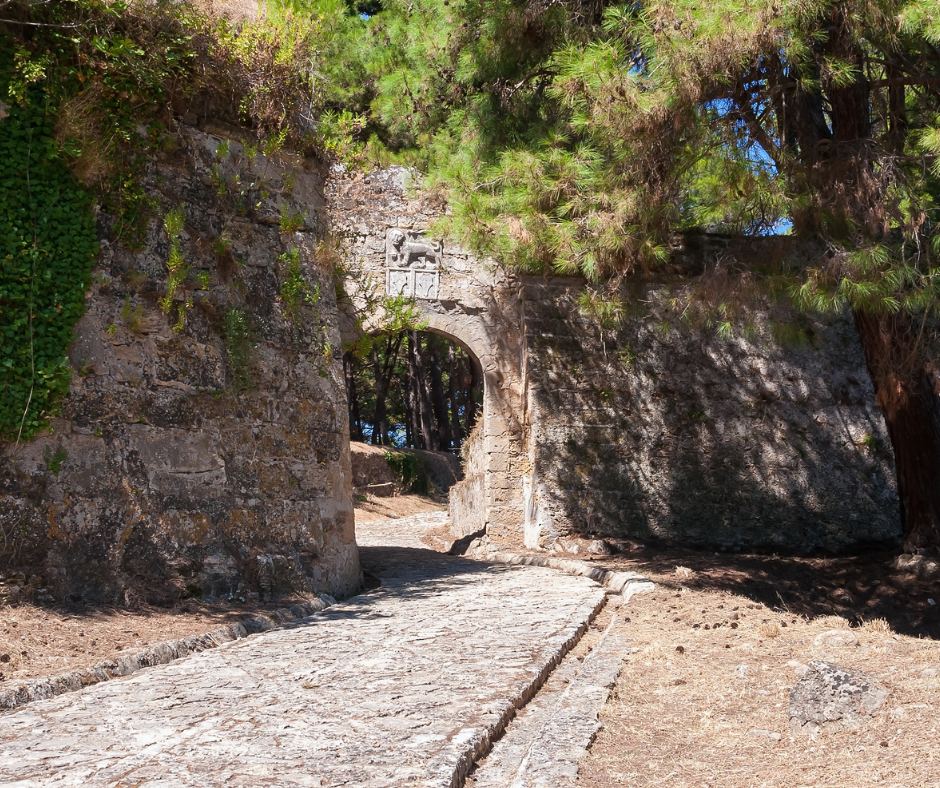

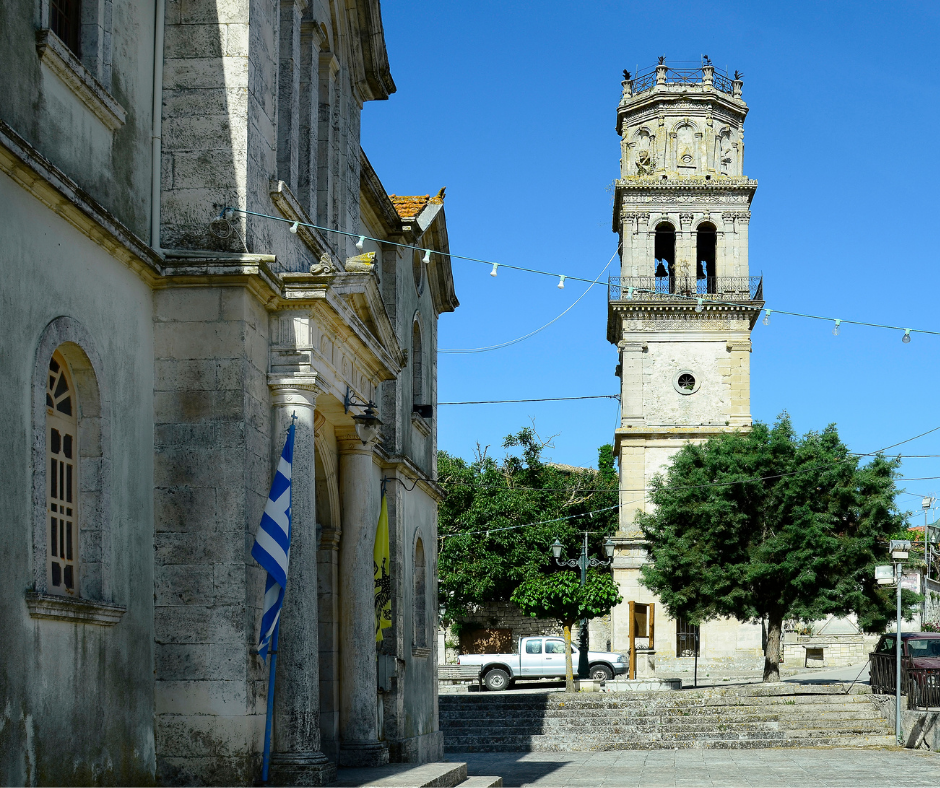
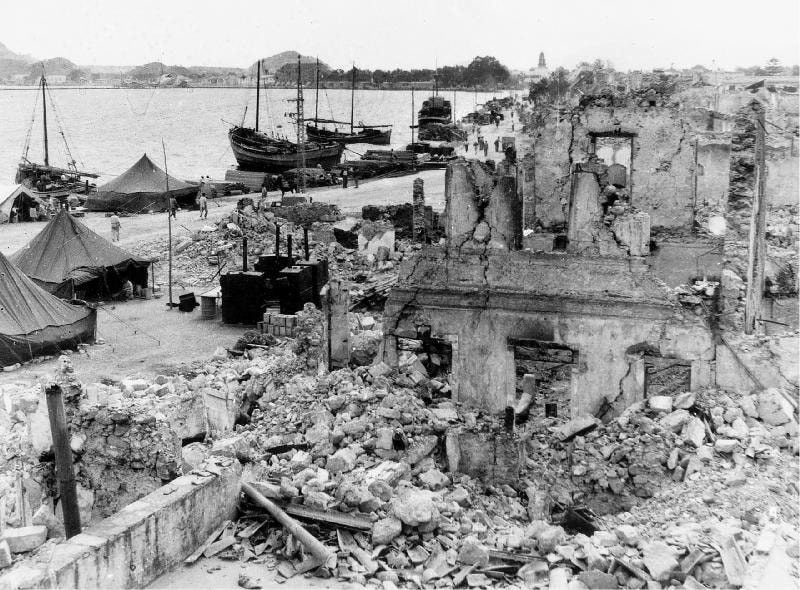
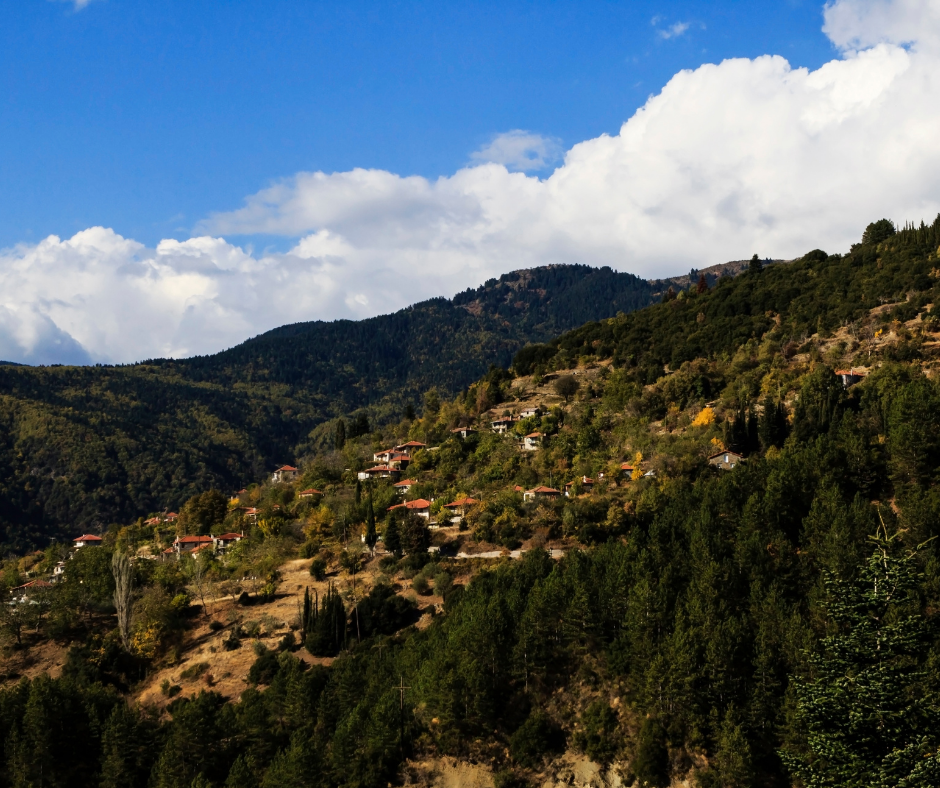
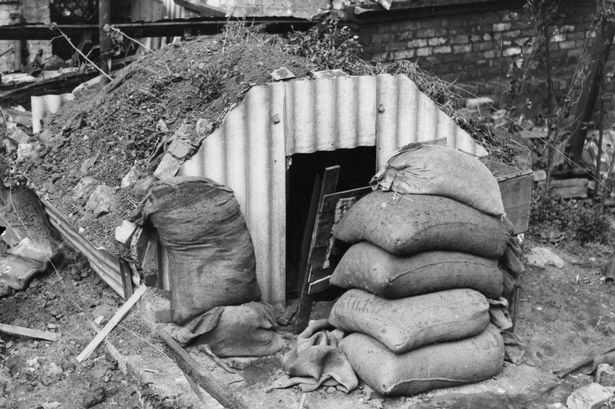
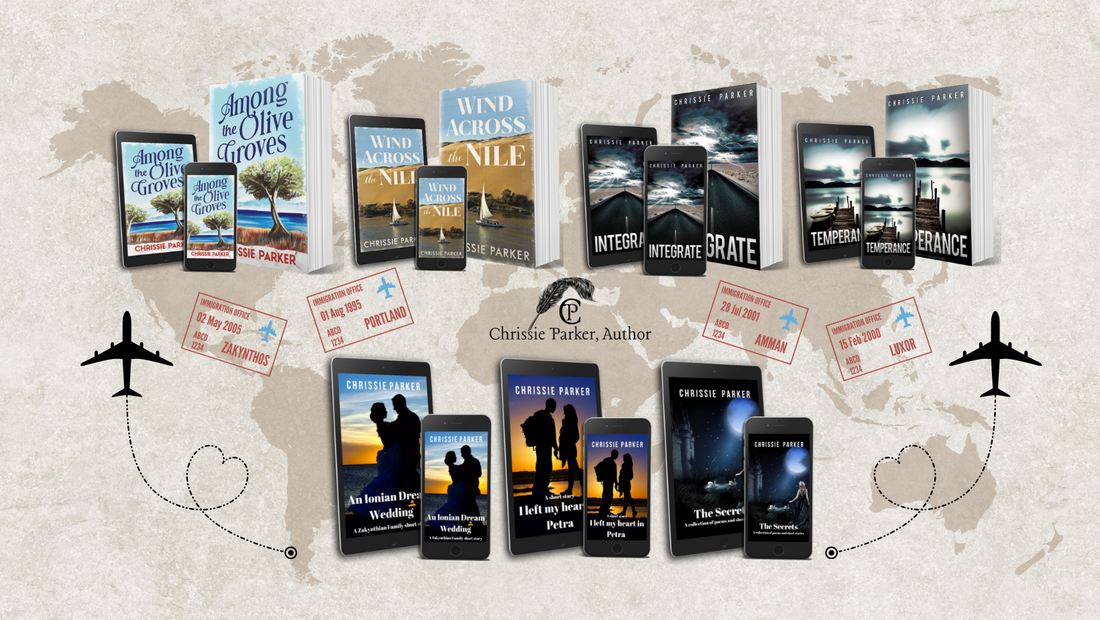
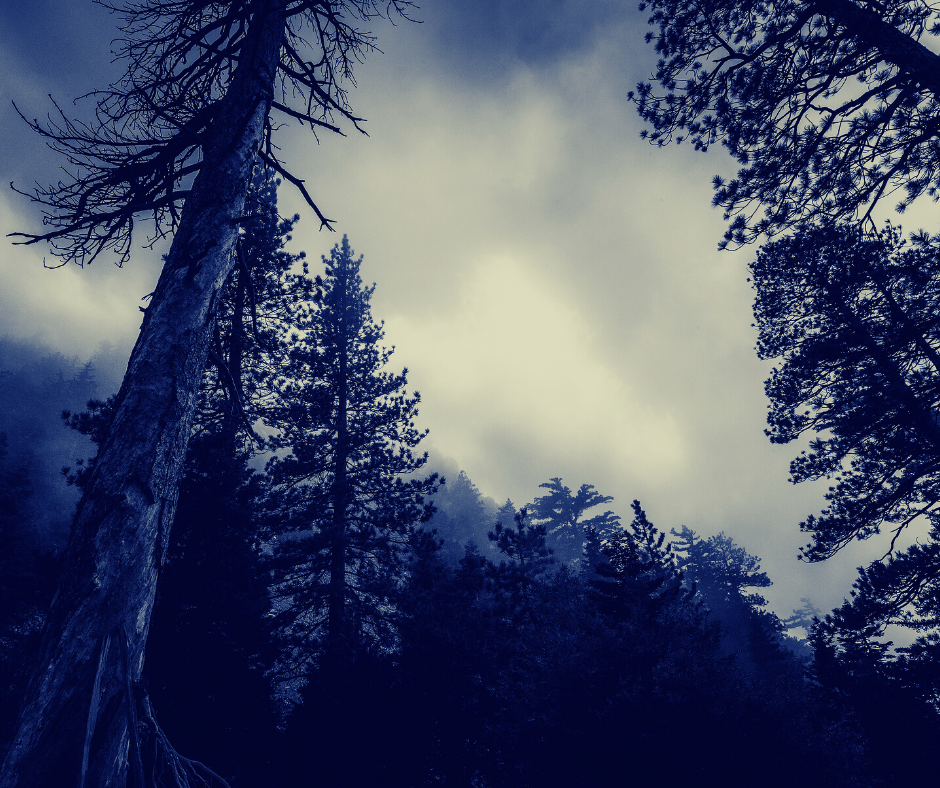
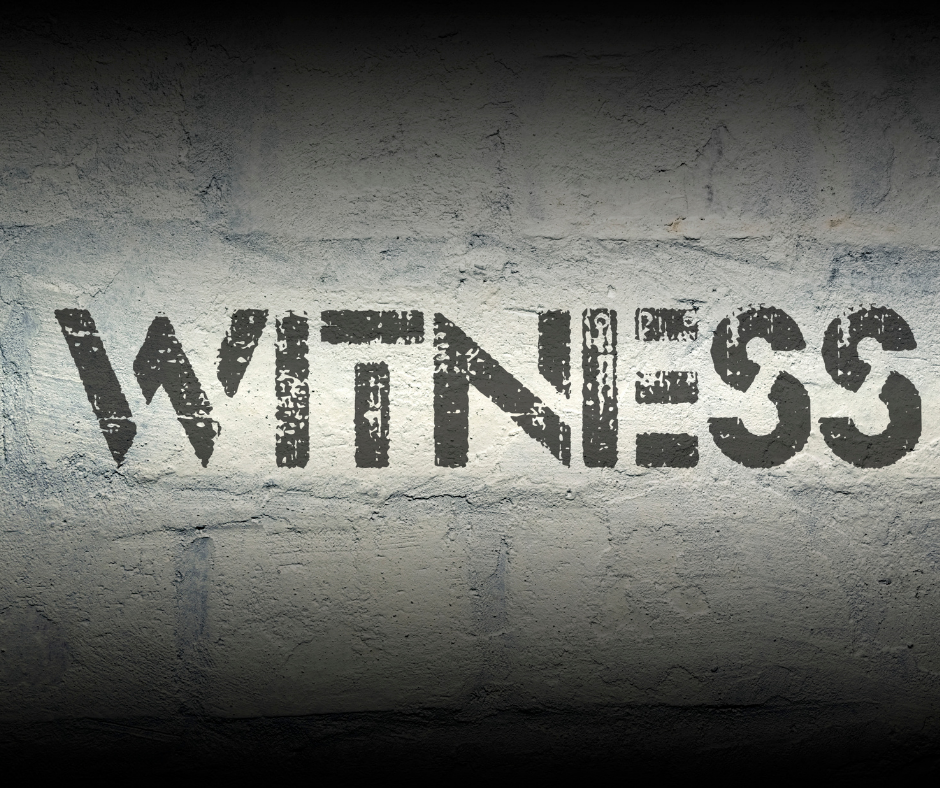
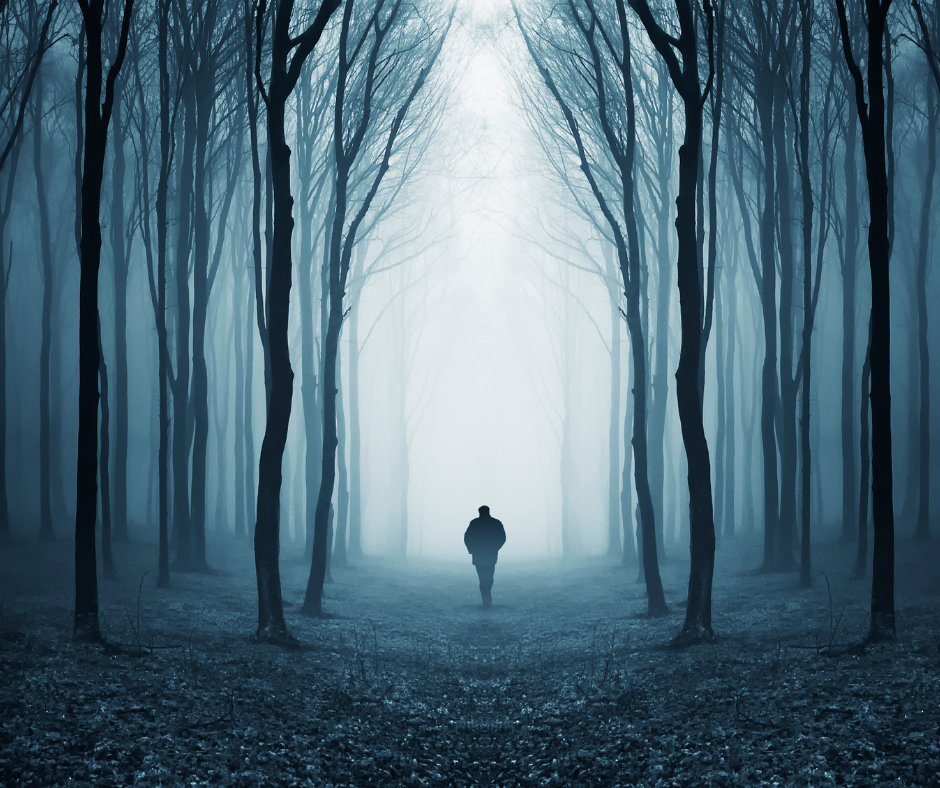
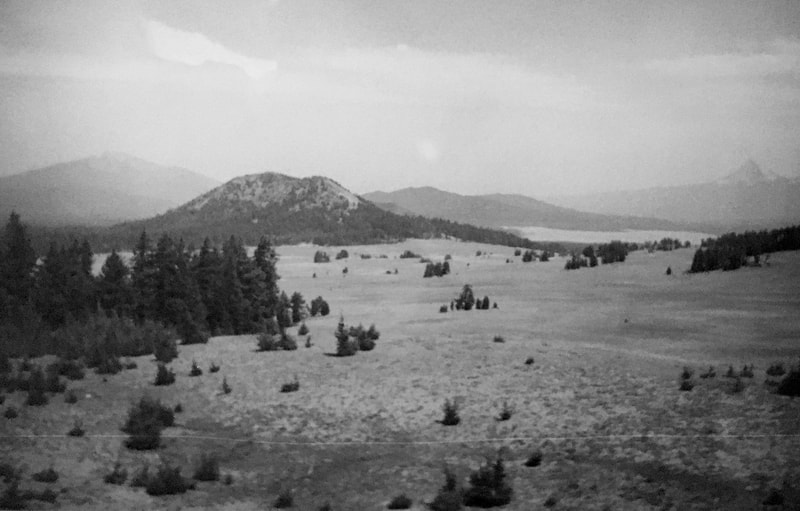
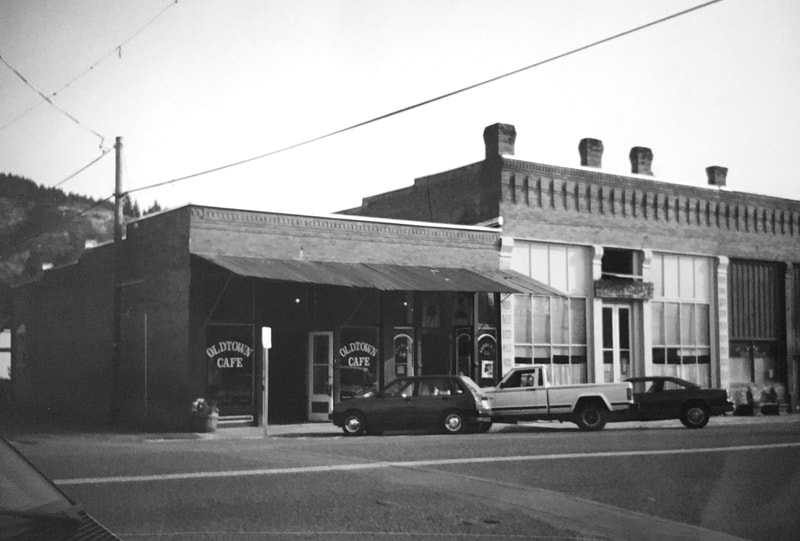
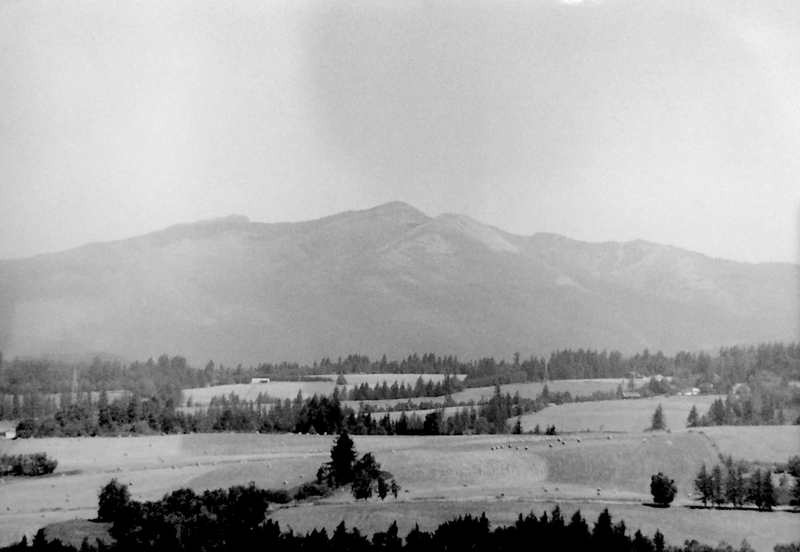
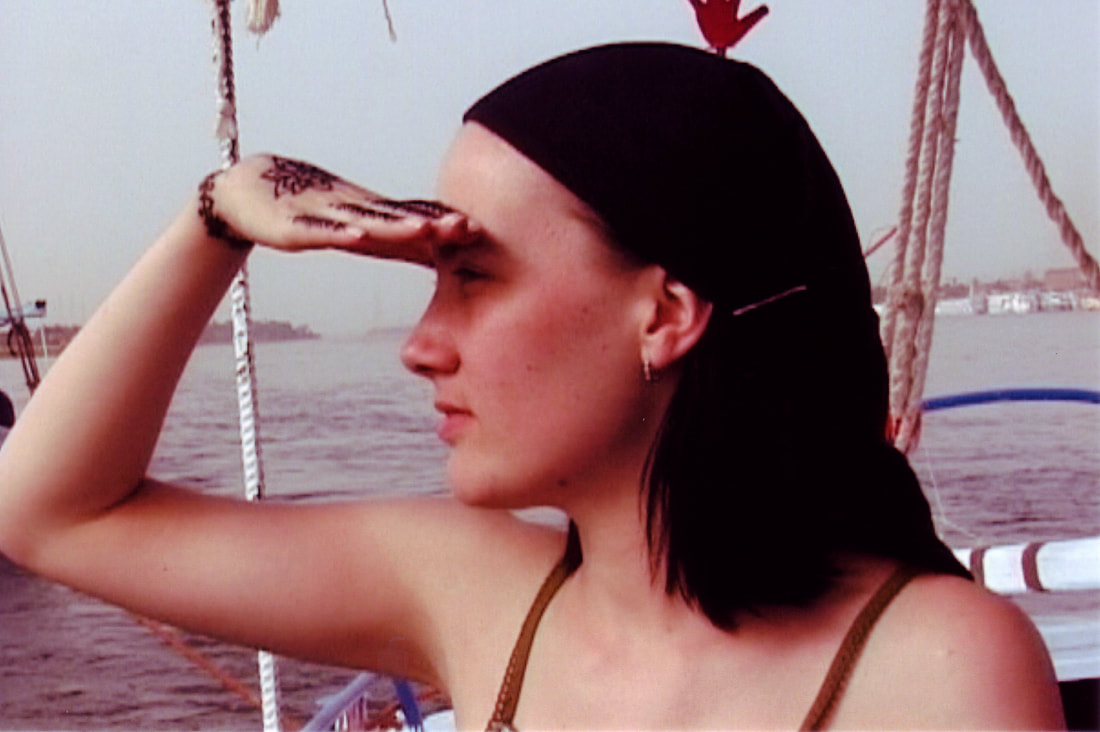
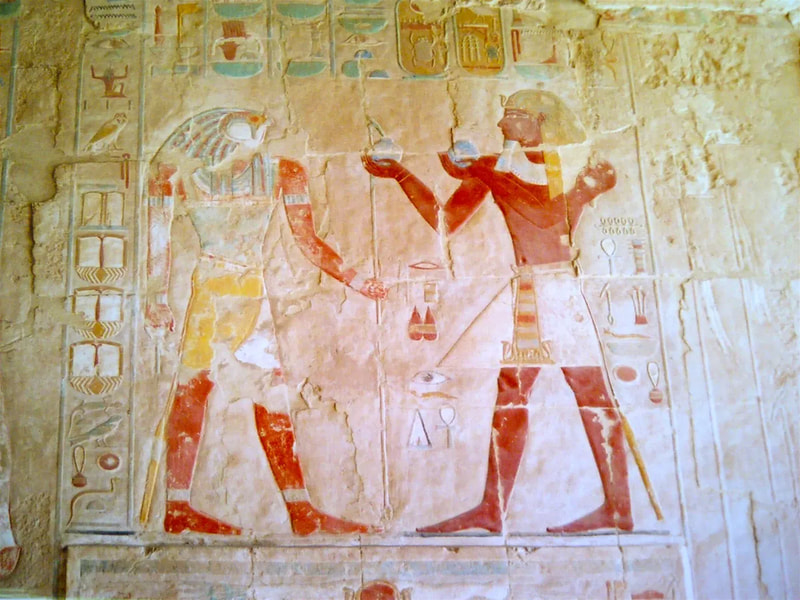
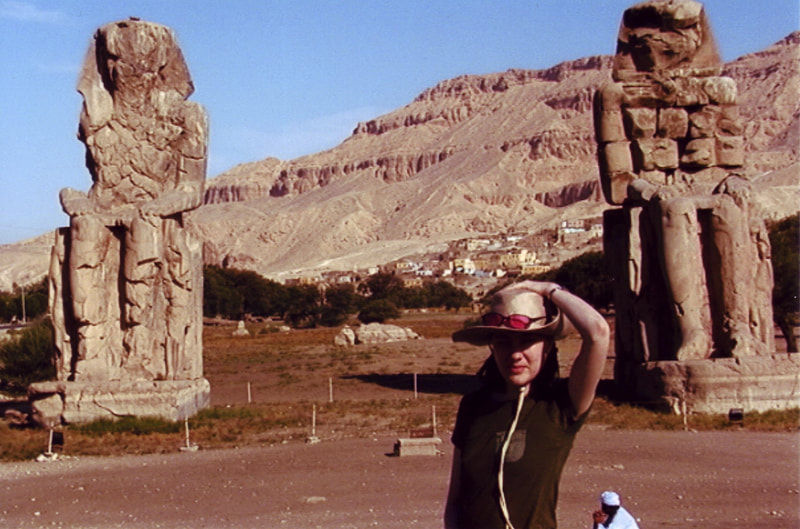
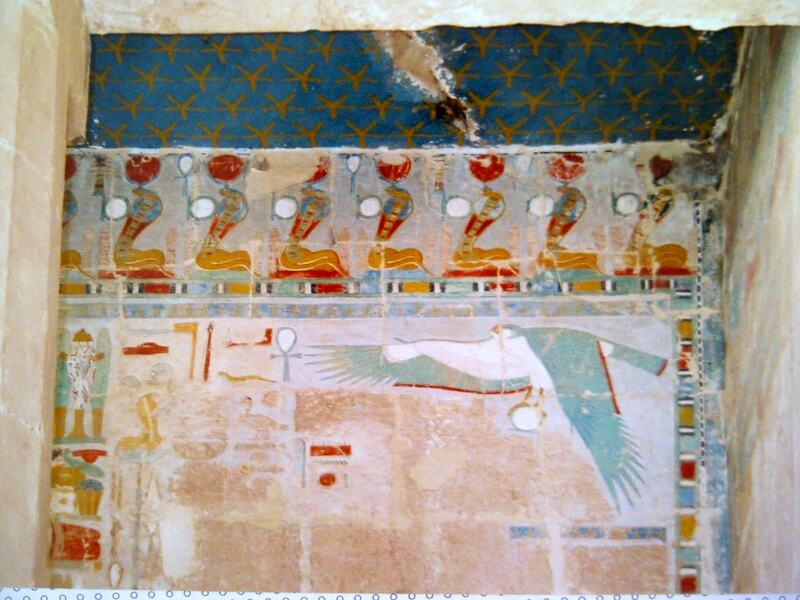
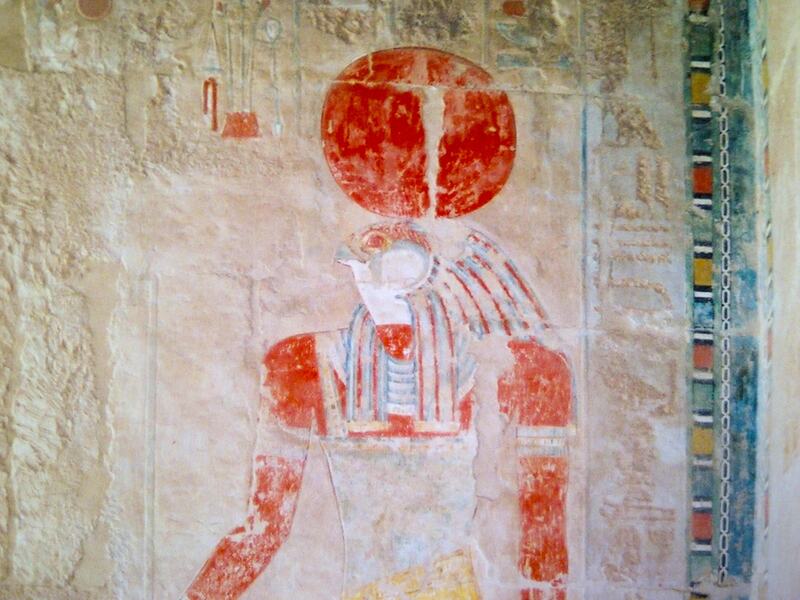

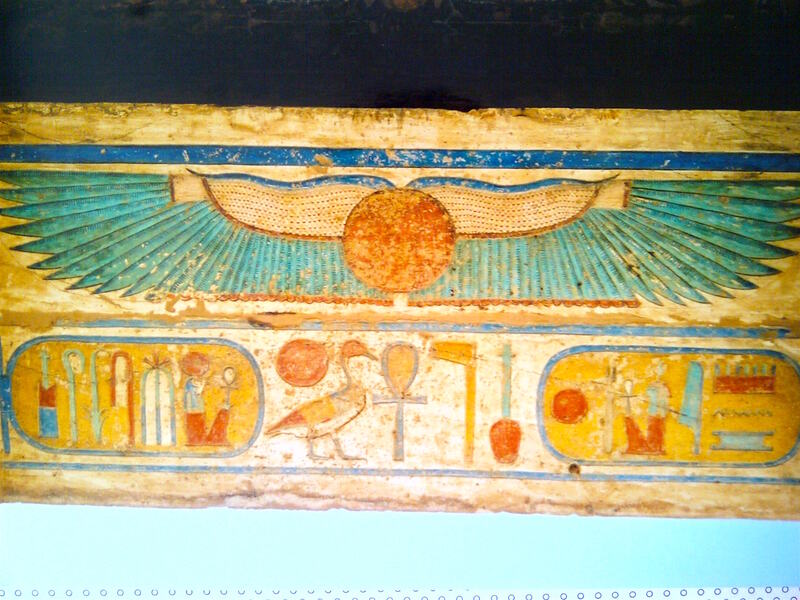
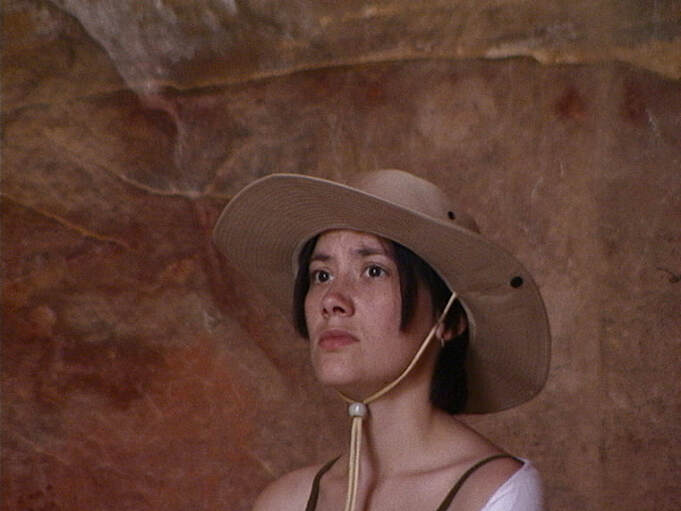
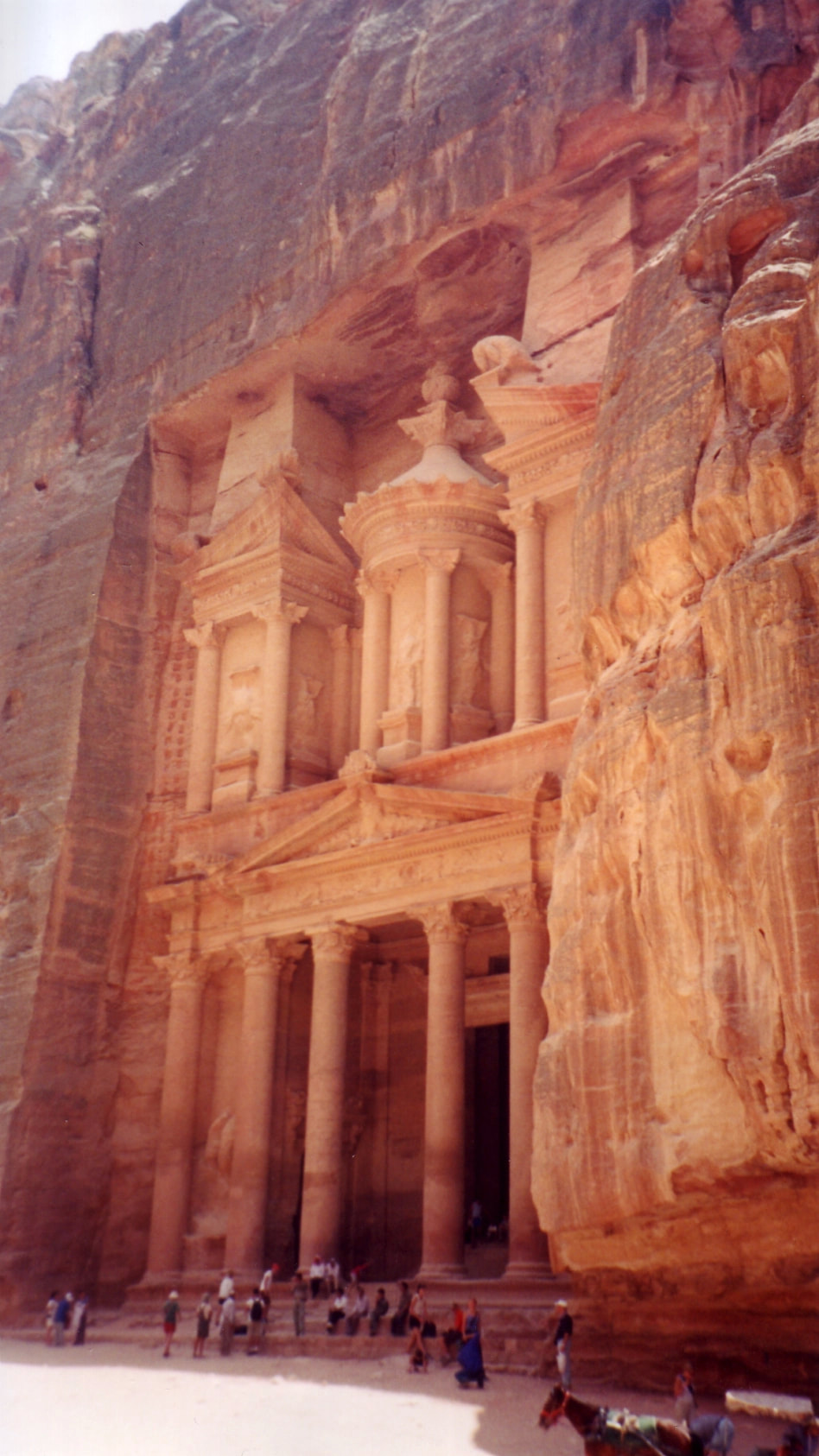
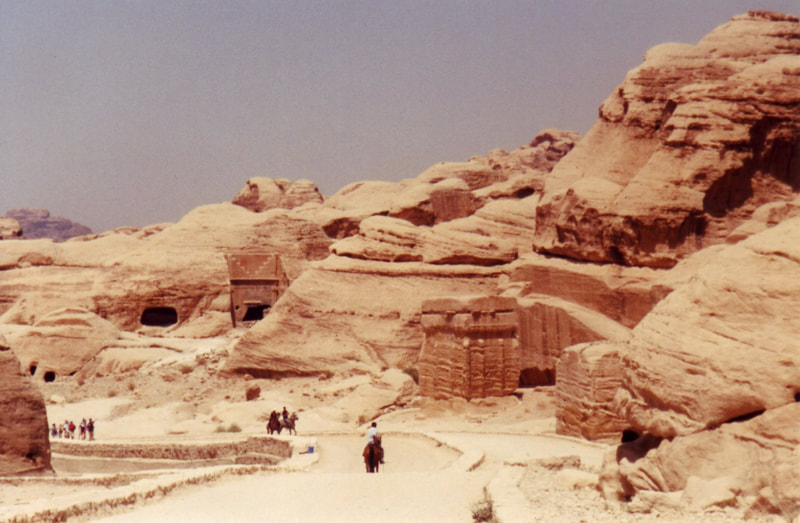

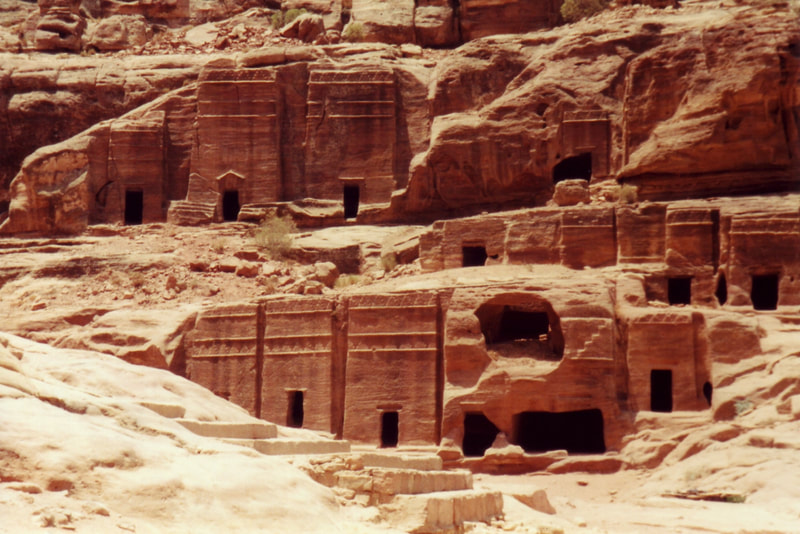
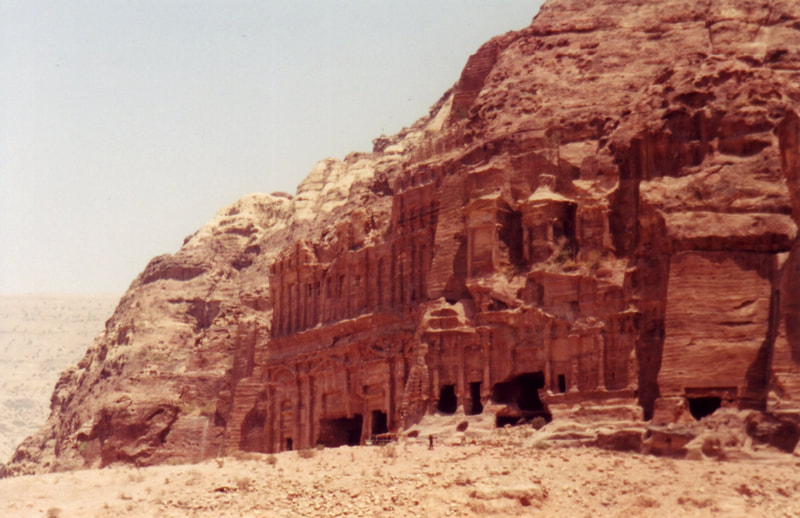
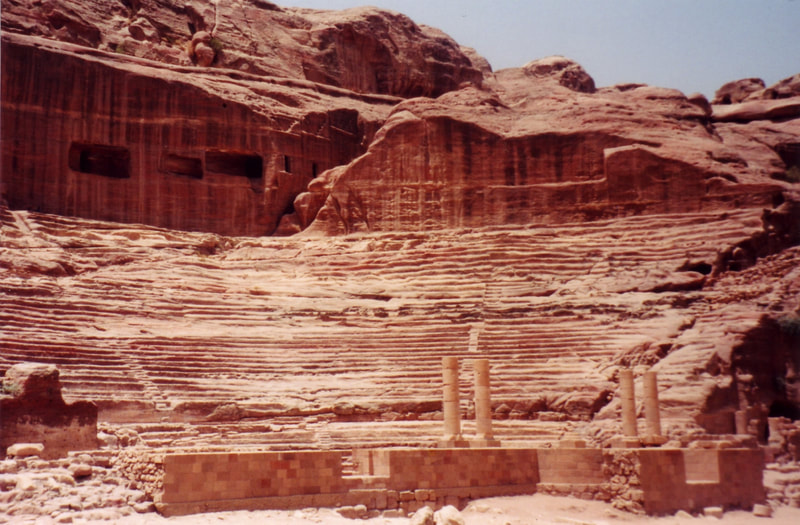
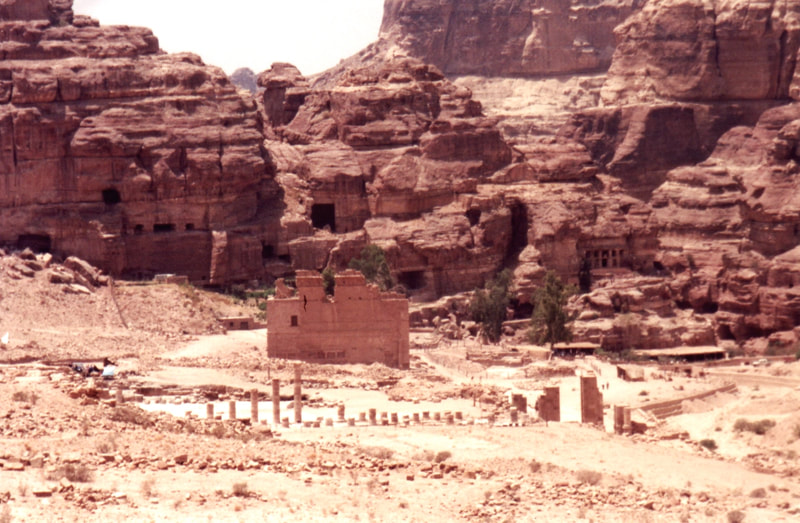
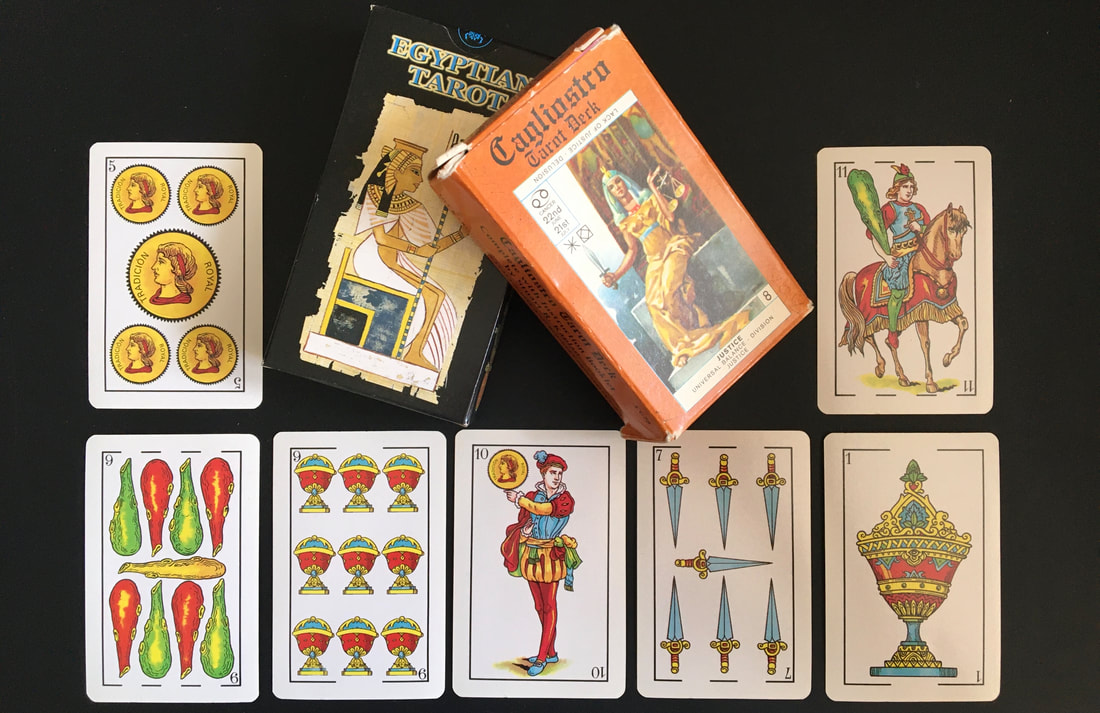
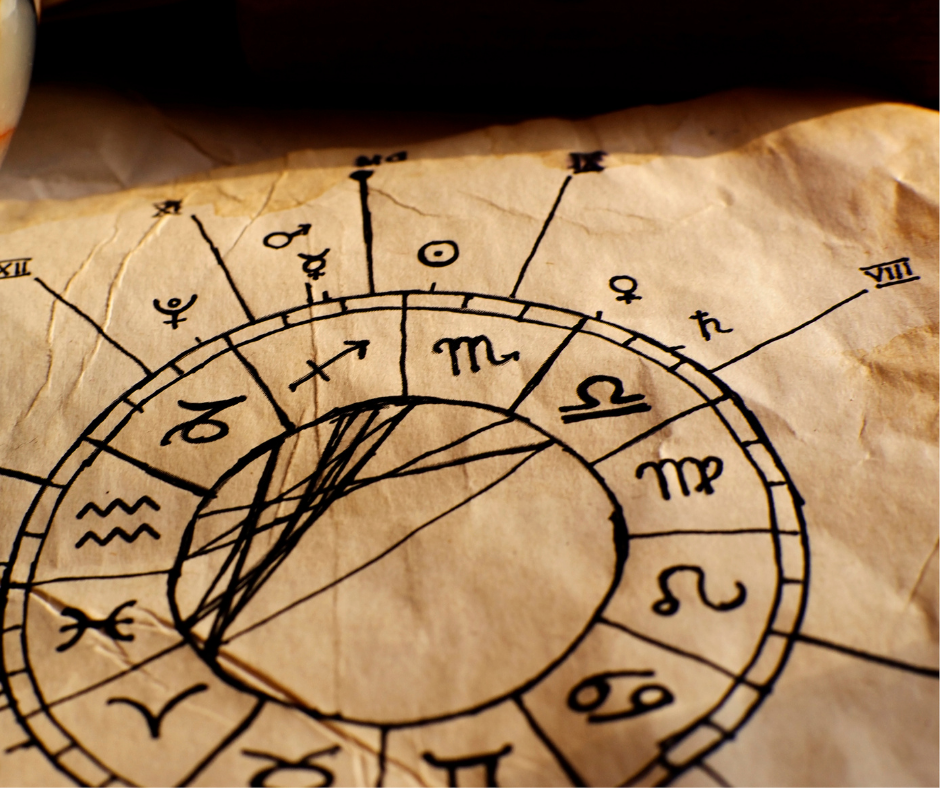

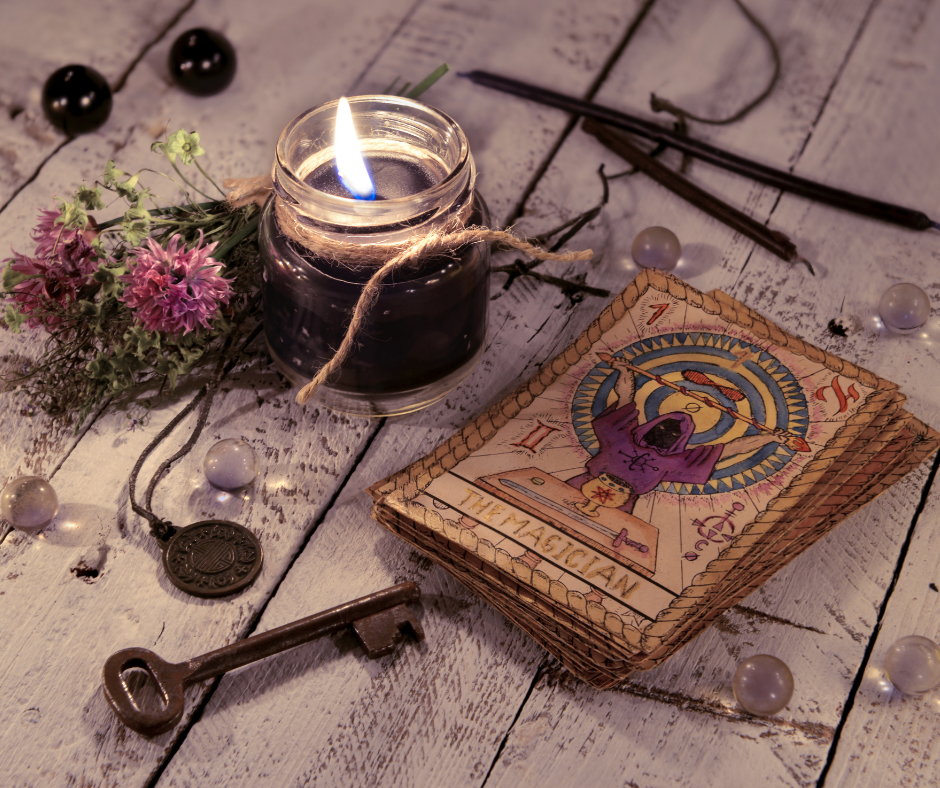
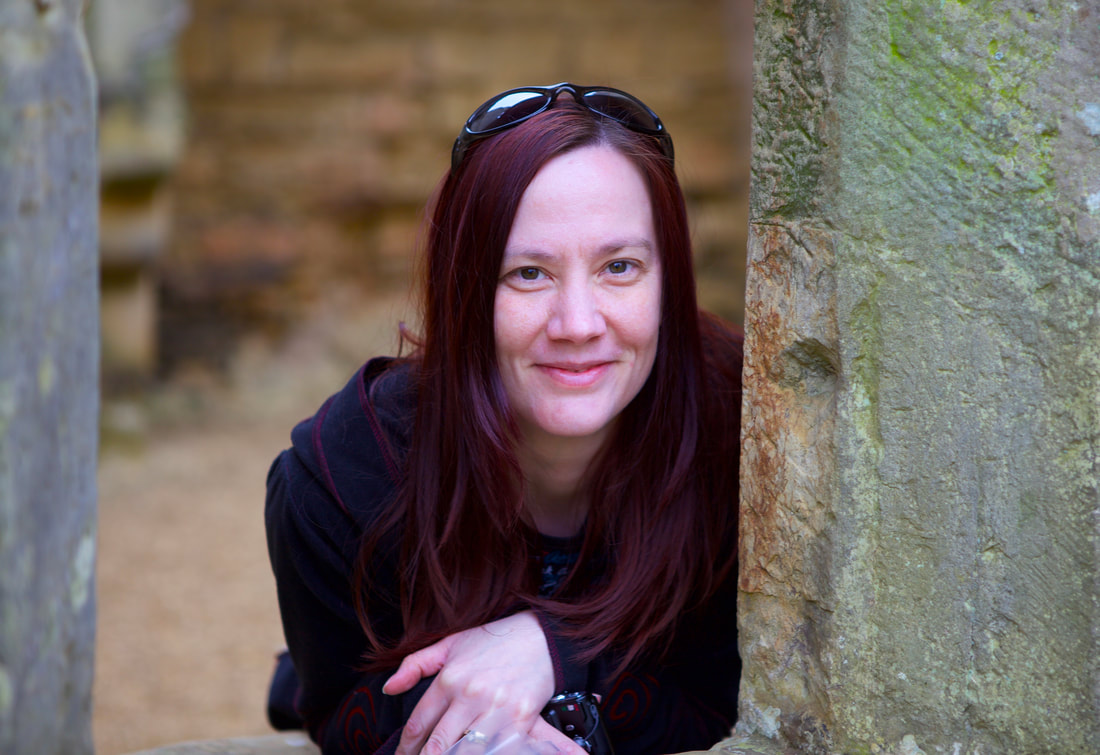
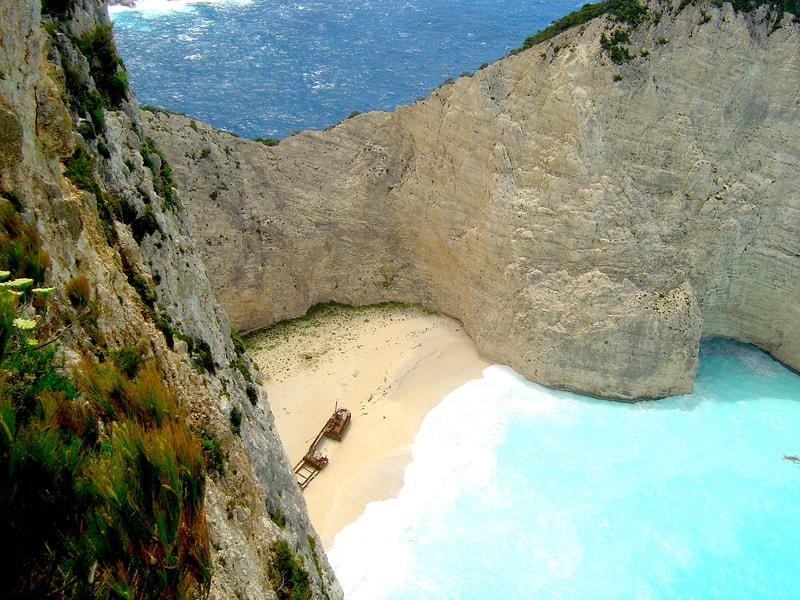
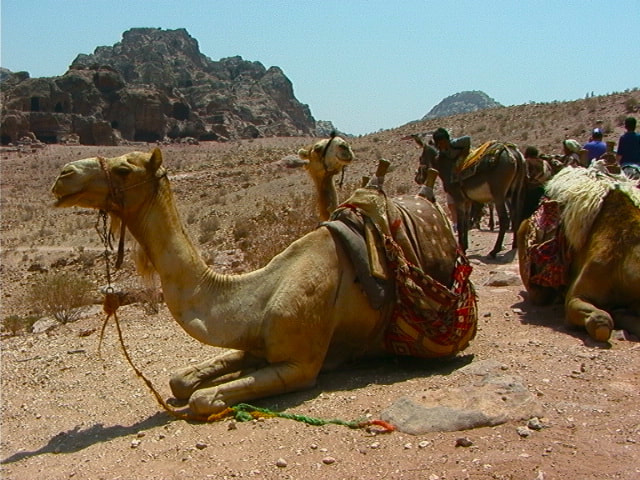
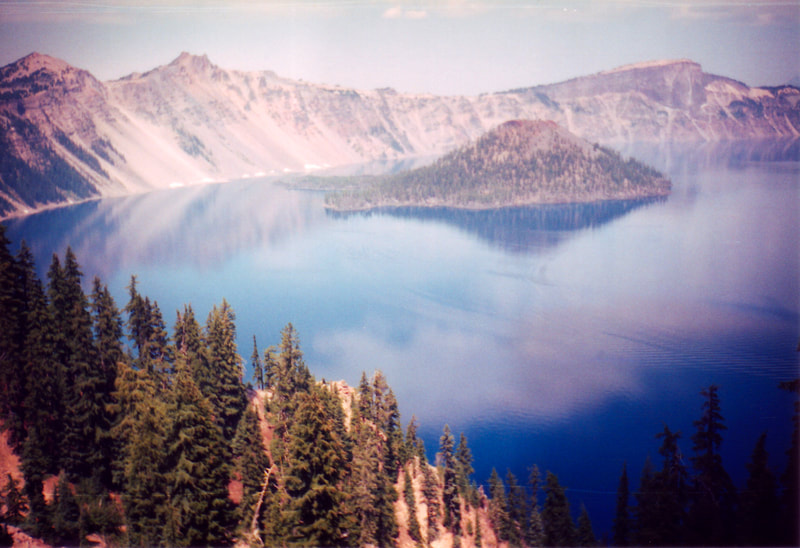

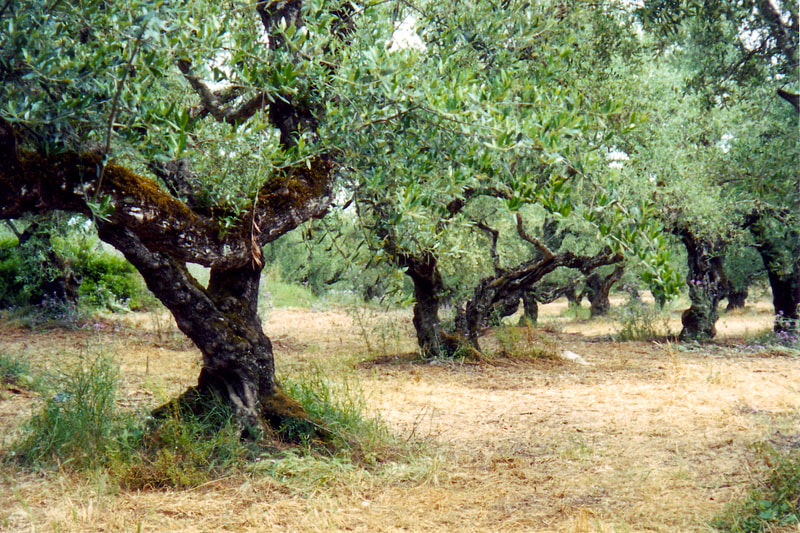
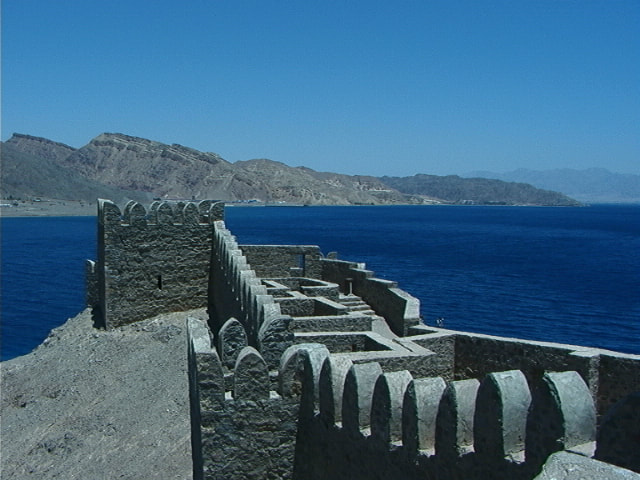
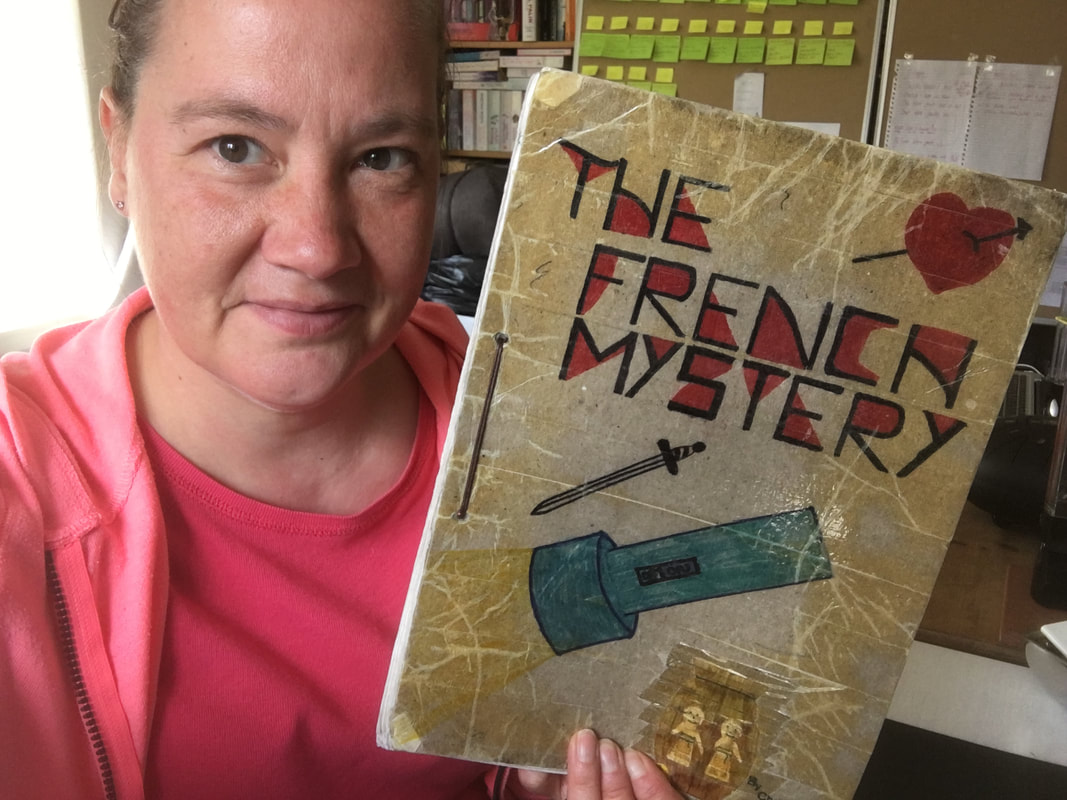
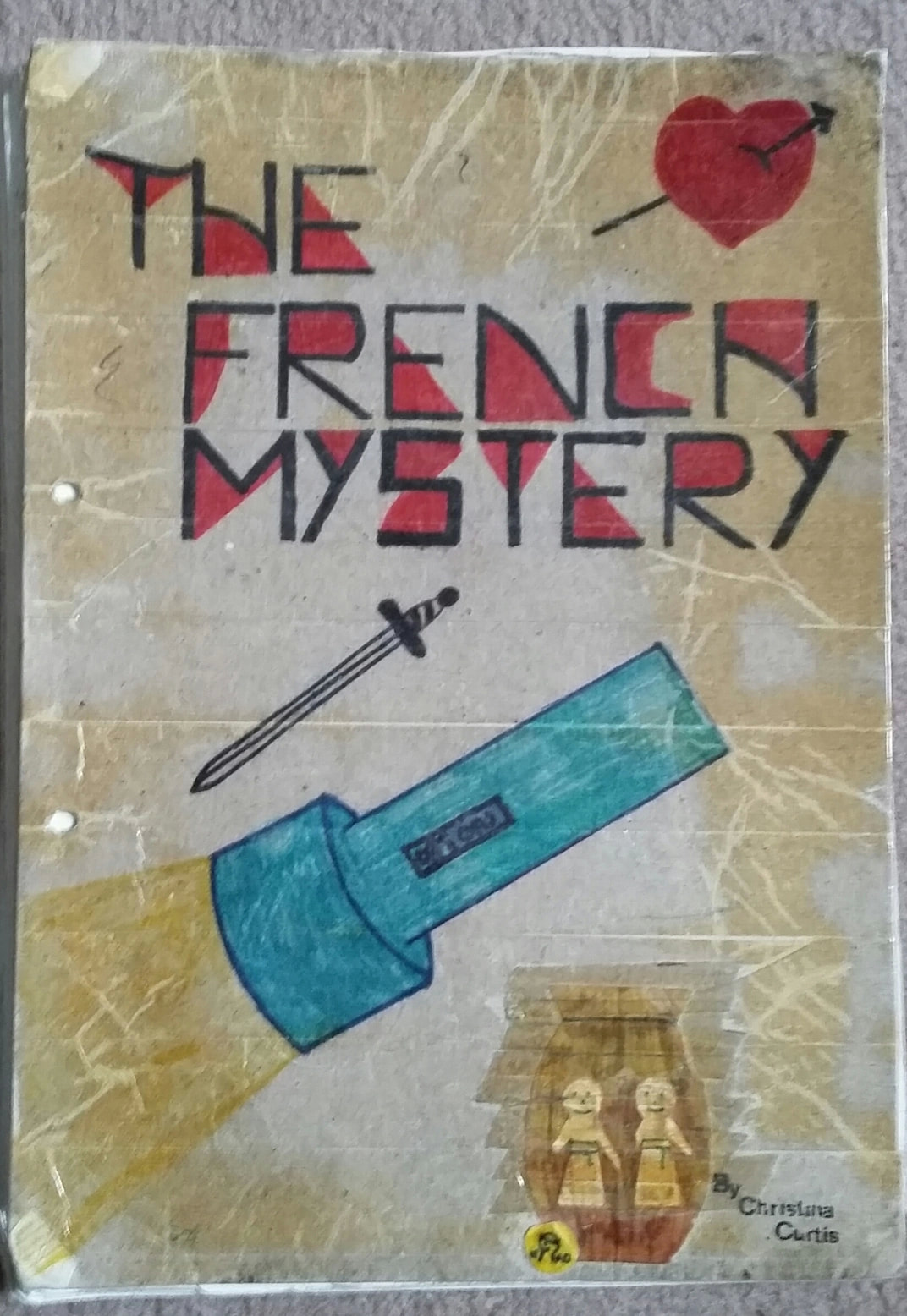
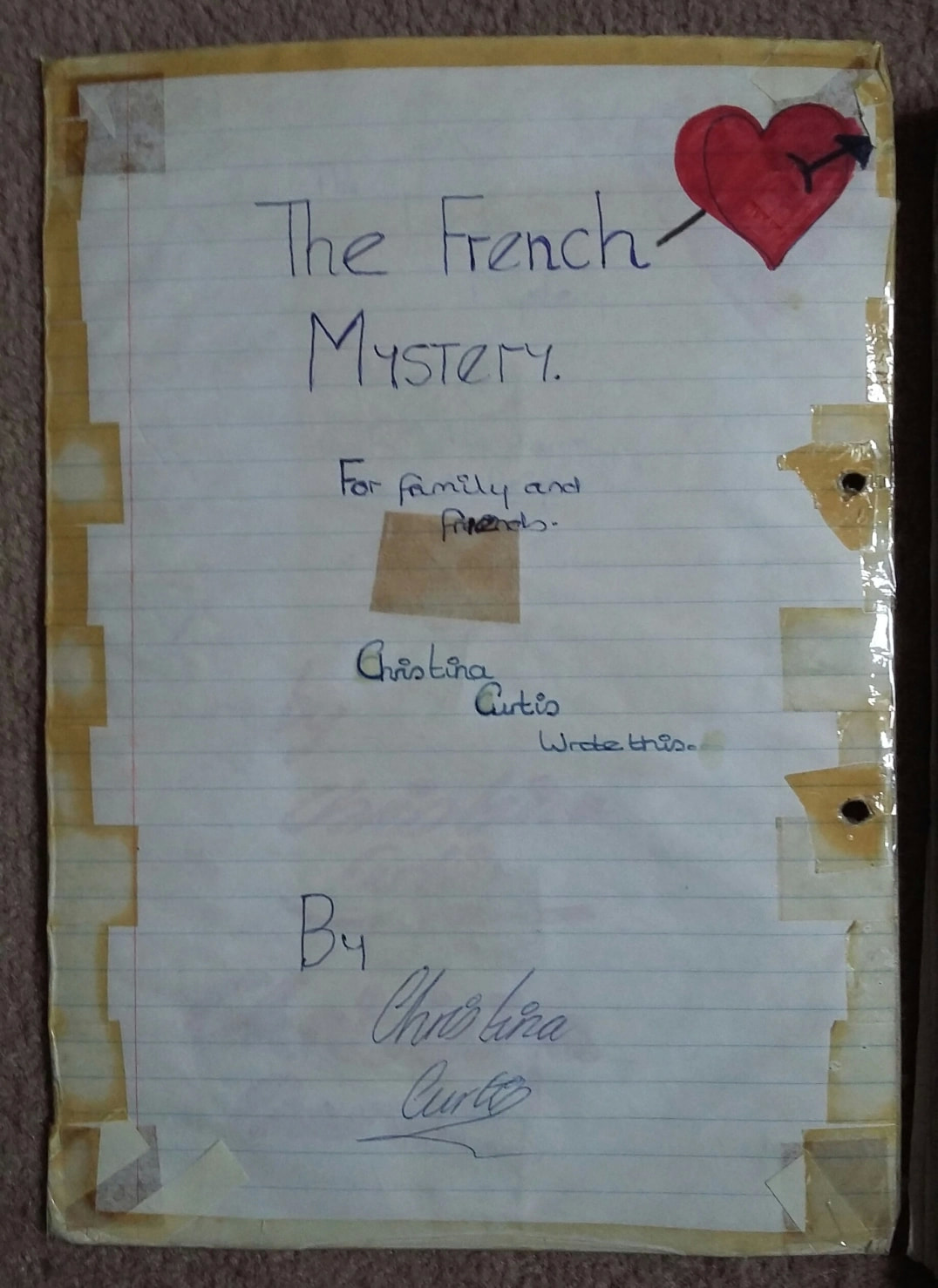
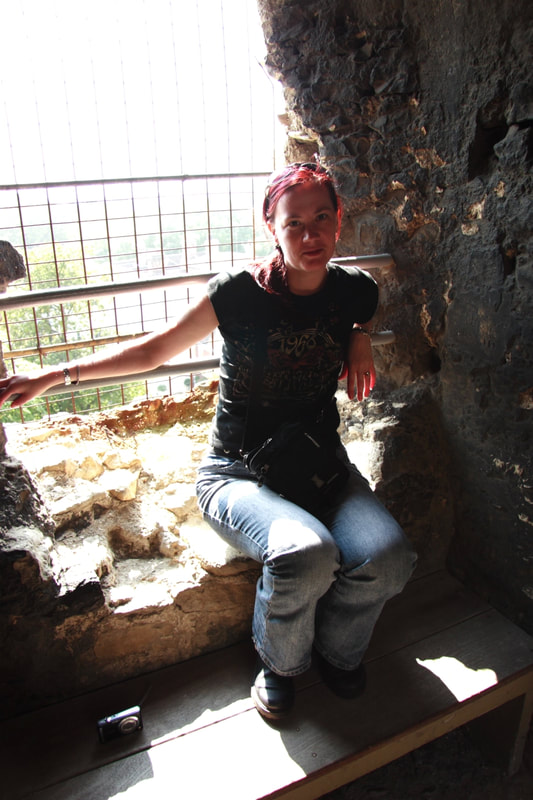
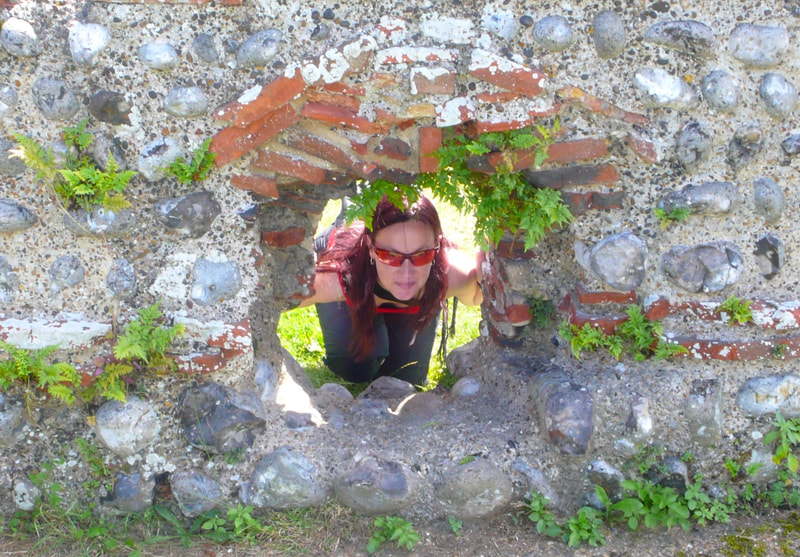

 RSS Feed
RSS Feed